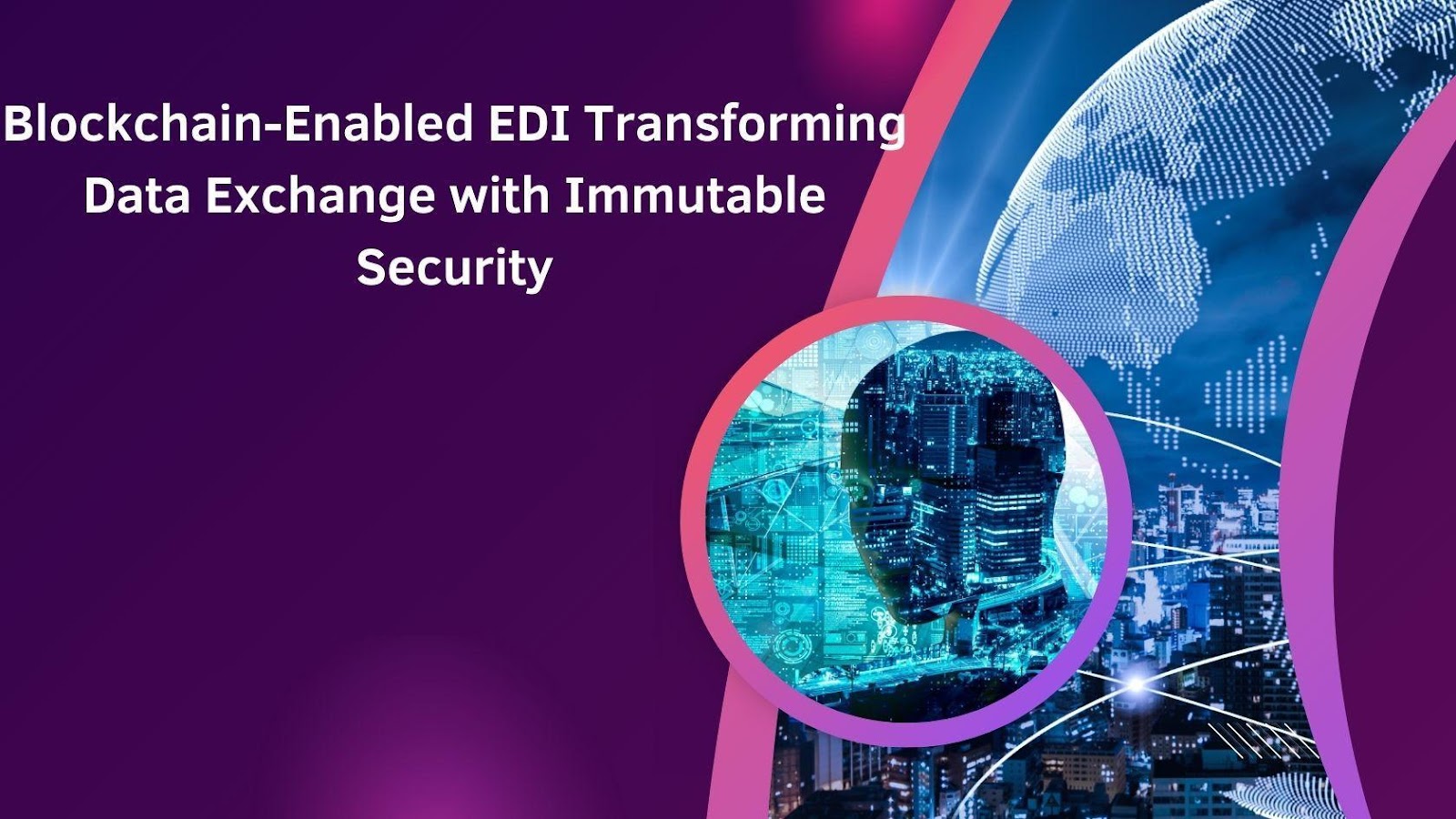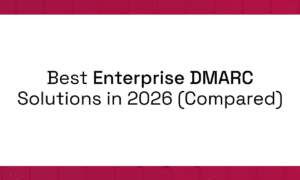In the modern digital transformation era, Electronic Data Interchange (EDI) has long served as the backbone of business communication, streamlining transactions and document exchanges across industries. However, as supply chains become more complex, traditional EDI frameworks face increasing challenges in data security, transparency, and operational resilience. Balaprabunath Coimbatore Ramalingam explores how integrating blockchain technology with EDI offers a revolutionary approach to overcoming these limitations.
Enhancing EDI with Blockchain’s Immutable Ledger
Traditional EDI systems have been instrumental in automating document exchange, reducing manual errors, and improving efficiency. However, their centralized architectures often leave them vulnerable to security breaches, system failures, and inefficiencies in transaction validation. Blockchain technology introduces an immutable ledger that enhances the security and reliability of data exchanges. By decentralizing data storage and implementing cryptographic hashing, blockchain ensures that all transactions remain tamper-proof, significantly reducing the risk of data manipulation or fraud.
Smart Contracts: Automating Compliance and Reducing Errors
One of the most transformative aspects of blockchain-enabled EDI is the integration of smart contracts. These self-executing contracts automatically validate transactions based on pre-defined business rules, eliminating the need for manual verification. This not only streamlines processes but also ensures compliance with regulatory requirements by embedding them directly into transaction workflows. Smart contracts significantly reduce processing times, operational costs, and the likelihood of human error, making business transactions more efficient and secure.
Improving Supply Chain Visibility and Transparency
Supply chain operations often struggle with limited real-time visibility, making it challenging to track shipments, verify product authenticity, and manage inventory efficiently. Integrating blockchain with Electronic Data Interchange (EDI) enhances transparency by establishing a single, immutable source of truth accessible to all stakeholders. Every transaction, from order placement to final delivery, is securely recorded on the blockchain, ensuring real-time traceability.
This capability is especially vital in industries like pharmaceuticals and food logistics, where maintaining product integrity and regulatory compliance is critical. By leveraging blockchain-EDI integration, businesses can reduce fraud, minimize disruptions, and improve overall supply chain efficiency, fostering greater trust and collaboration among suppliers, manufacturers, and distributors.
Strengthening Security and Preventing Data Breaches
Cybersecurity threats challenge traditional EDI frameworks, making centralized data storage vulnerable to hacking, unauthorized access, and data corruption. Blockchain enhances security by leveraging decentralized encryption and consensus-driven validation. Multi-signature authentication and strict access controls ensure only authorized users access sensitive data.
By eliminating single points of failure, blockchain significantly reduces data breach risks and prevents unauthorized modifications. Its tamper-resistant architecture fortifies EDI transactions, safeguarding information integrity while enhancing trust and transparency across digital exchanges. This makes blockchain a powerful solution for strengthening EDI security.
Addressing Scalability and Integration Challenges
Integrating blockchain with EDI presents challenges, particularly in scalability. Blockchain networks often suffer from slow transaction speeds due to consensus mechanisms. To mitigate this, hybrid models combining private and consortium blockchains are emerging, enhancing transaction throughput while maintaining security. Additionally, integrating blockchain with legacy EDI systems demands substantial investment in infrastructure and expertise.
However, advancements in interoperability solutions are simplifying this transition, making adoption more viable for enterprises. With evolving frameworks and middleware solutions, organizations can overcome technical barriers, ensuring seamless communication between blockchain and traditional EDI platforms. As innovation continues, businesses can leverage blockchain’s transparency and security without compromising efficiency, paving the way for more resilient and future-proof supply chain networks.
The Future of Blockchain-EDI Integration
As industries continue to digitize, the convergence of blockchain and EDI will play a crucial role in shaping the future of secure and transparent business transactions. Emerging trends, such as AI-driven automation, quantum-resistant encryption, and edge computing, will further enhance blockchain-EDI capabilities. Organizations that adopt this hybrid model will benefit from improved efficiency, reduced costs, and a competitive edge in an increasingly data-driven economy.
In conclusion, Balaprabunath Coimbatore Ramalingam’s research underscores the transformative impact of blockchain on Electronic Data Interchange (EDI), revealing its potential to revolutionize data exchange frameworks across industries. By integrating blockchain with EDI, businesses can future-proof their operations, enhancing security, transparency, and efficiency in an increasingly digital landscape. Embracing this innovation is not just a strategic advantage but a necessity for organizations striving to remain competitive in the evolving digital economy.

































